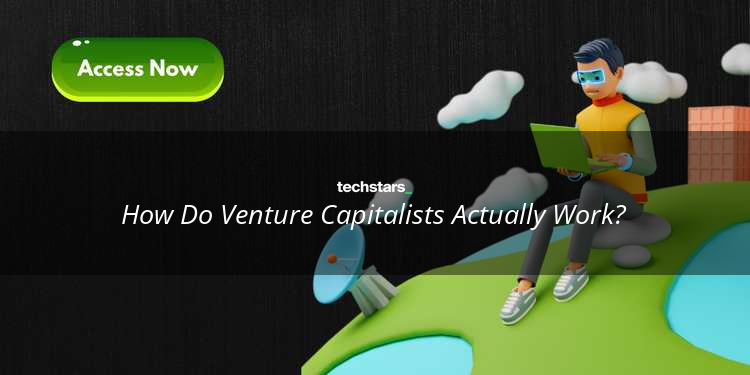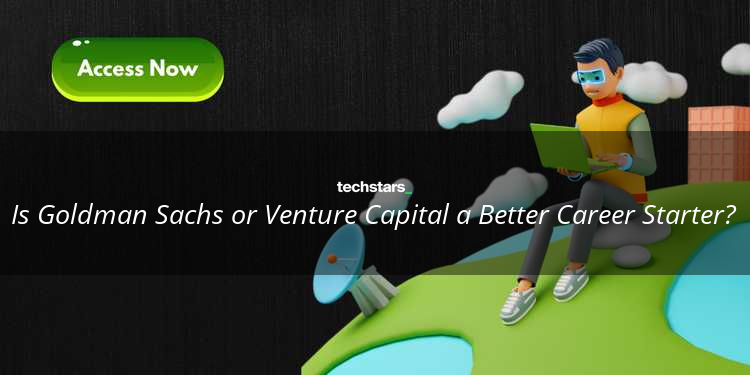Understanding the differences between Kickstarter and VC funding is essential for your startup’s success. This article will explore these crucial distinctions to help you make an informed decision.
Understanding Kickstarter and VC Funding
Kickstarter and VC funding are two popular methods used by startups to raise capital. However, they operate differently and offer distinct advantages.
- ✅Kickstarter: This is a crowdfunding platform where anyone can contribute money towards creative projects or innovative products in exchange for rewards or experiences (a paragraph of 50 words).
- ✅Venture Capital (VC) Funding: VCs are professional investors who invest large sums of money into startups with high growth potential in exchange for equity (a paragraph of 50 words).
The Process: Kickstarter vs VC Funding
The process involved in securing funds from these two sources also differs significantly.
- ✅Kickstarter Campaigns: Entrepreneurs must create a compelling campaign that clearly outlines their project/idea, set a fundraising goal, offer rewards/experiences to backers, and promote it widely within a specified time frame (a paragraph of 50 words).
- ✅Venture Capital Rounds: Startups must pitch their business idea to VCs showcasing its potential profitability. If successful, they’ll enter into negotiations over equity stakes before funds get disbursed (a paragraph of 50 words).
The success rate for VC-funded startups varies greatly. It’s estimated that only about 1 in 10 startups backed by VCs become successful.
- ✅Risk Factor: VCs are known to take bigger risks, investing in early-stage companies with unproven business models but high growth potential (a paragraph of 50 words).
- ✅High Failure Rate: Despite the allure of high returns, many VC-backed startups fail due to various reasons such as poor management, lack of market demand, or simply running out of cash (a paragraph of 50 words).
The Impact on Your Startup’s Success
Choosing between Kickstarter and VC funding can significantly impact your startup’s journey and eventual success.
- ✅Kickstarter Benefits: Kickstarter allows entrepreneurs to validate their ideas before launch. It also offers a platform for gaining visibility and building an initial customer base without losing any equity (a paragraph of 50 words).
- ✅Venture Capital Advantages: While risky, securing VC funding can provide significant capital injection needed for rapid scaling. Additionally, VCs often bring valuable industry connections and expertise that can help guide a startup towards success (a paragraph of 50 words).
Understanding Kickstarter: Pros and Cons
Crowdfunding platforms like Kickstarter have revolutionized how startups can raise funds. However, it’s essential to understand both its advantages and disadvantages.
- ✅Accessibility: One significant advantage of Kickstarter is that virtually anyone can launch a campaign to fund their idea or project.
- ✅Risk Sharing: With Kickstarter, the risk is shared among many backers rather than a single entity.
- ✅Limited Control:: On the downside, creators do not give up equity but they must deliver promised rewards to backers.
- ✅Funding Limits:: Finally, compared with other types of funding like VC funding, crowdfunding campaigns often yield less capital.
The Venture Capital Route: Pros and Cons
Venture Capital offers a different approach towards financing your startup with its unique set of advantages and drawbacks.
- ✅Larger Investments:: VCs typically invest larger sums than what you might get from a crowdfunding campaign.
- ✅Mentorship:: VCs often provide valuable guidance and networking opportunities alongside their financial investment.
- ✅Equity Stake:: A significant downside is that VCs will require an equity stake in your company, which means giving up some control.
- ✅Selectiveness:: VC funding is also highly competitive and not accessible to everyone.
Navigating the Decision: Kickstarter or VC Funding?
Choosing between Kickstarter and VC funding depends on several factors unique to your startup.
- ✅Your Business Model: Some business models may be more suited to crowdfunding, while others might attract VC interest.
- ✅Funding Needs: The amount of capital you need can also influence your choice. Smaller amounts may be achievable through Kickstarter, while larger sums often necessitate seeking venture capital.
- ✅Risk Tolerance: Your willingness to share risk with backers or relinquish some control over your business can also guide this decision.
The Bottom Line: It’s All About Your Unique Startup
At the end of the day, choosing between Kickstarter and VC funding comes down to what best suits your specific needs and circumstances as a startup. Consider all aspects carefully before making a decision.
Frequently Asked Questions
1. What are the main differences between Kickstarter and VC funding?
The primary difference between Kickstarter and VC Funding lies in the nature of their operations. Kickstarter is a crowdfunding platform that allows entrepreneurs to raise funds for their projects from a large number of people, usually in exchange for rewards. This means that anyone can contribute to your project, making it an excellent option if you have a product or service with mass appeal. However, the funds raised on this platform are typically not enough to finance large-scale projects.
In contrast, VC (Venture Capital) funding involves private equity investment where investors provide capital to startups they believe have long-term growth potential. These investors often bring more than just money; they may also offer mentorship, strategic guidance and networking opportunities. However, in return for their investment, VCs usually require equity in your company which means you’ll be giving up a portion of your business.
2. Which one is better for my startup: Kickstarter or VC Funding?
The answer depends on several factors such as your business model, industry sector and long-term goals among others. If you’re launching a consumer product or creative project that has broad public appeal but requires relatively low capital outlay – then Kickstarter could be an ideal choice. It allows you to validate market demand before fully committing resources towards production.
If however you’re building a tech startup with high growth potential but also high upfront costs – then VC funding may be more suitable. Venture capitalists can provide significant resources not only financially but also through strategic advice and access to networks which could prove invaluable as you scale up.
3.What are the risks associated with each type of funding?
With Kickstarter, the main risk is failing to deliver on your promises. If you do not meet your funding goal, all pledges are returned to the backers and you receive nothing. Additionally, if you fail to deliver the promised rewards, it can severely damage your reputation.
On the other hand, with VC Funding there’s a risk of losing control over some aspects of your business as investors will likely require equity in return for their investment. This could mean having to consult with them on major decisions or potentially being ousted from your own company if disagreements arise.
In both cases however, thorough preparation and clear communication can mitigate many of these risks.








